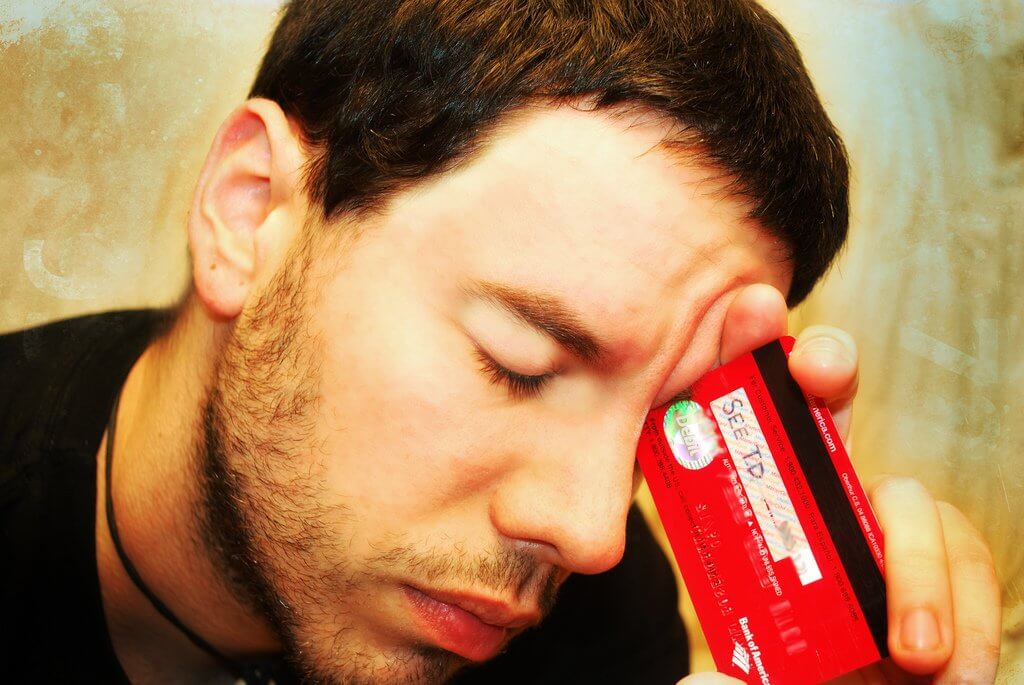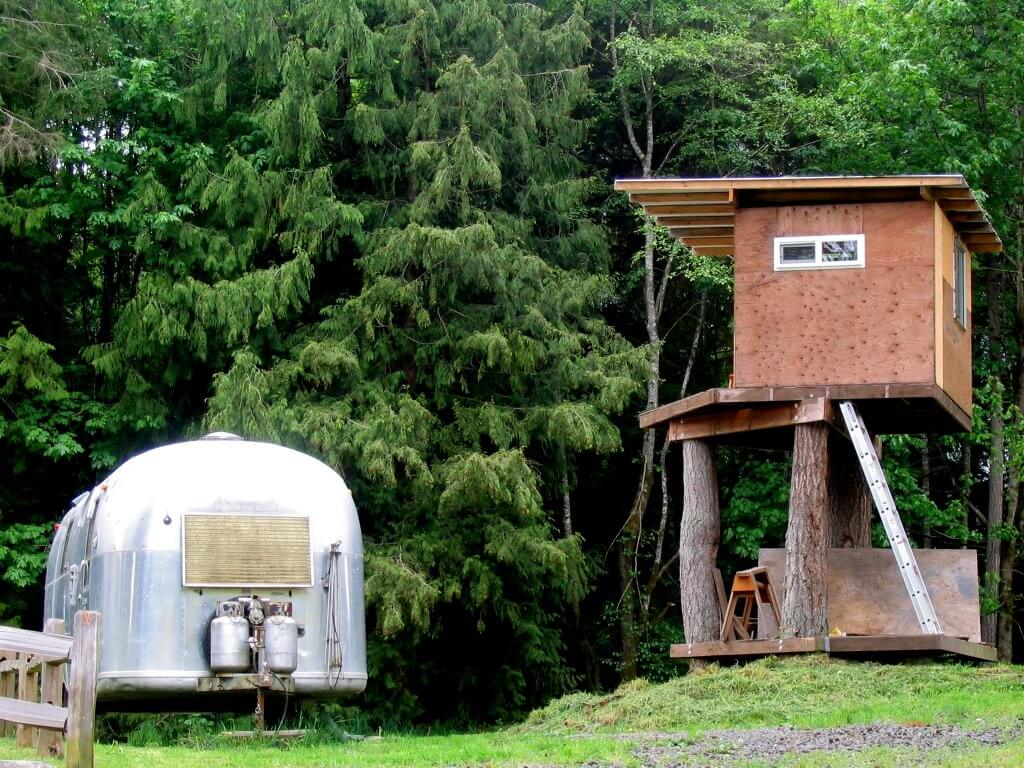Boudaries and frontiers don’t exist anymore in the modern world. Consequently, a lot of people decide to move abroad and they do for several reasons. Do a study exchange, find a job or just living in another country to get in touch with a new society and culture.
or just living in another country to get in touch with a new society and culture.
This phenomenon is increasing steadily year after year but many people still think that it is just a matter of travelling or just to put themselves in a foreign country. People that move abroad, instead, have also to consider the political and socio-cultural aspects as factors that will determine a new life.
I, as a senior traveller, changed my way moving overseas during the time. It is much better to spend a longer time in a country to feel more integrated; once you settle down, you start to receive the most positive consequences of living elsewhere mostly because you don’t feel a stranger anymore.
So, since the day after you move abroad, start to deal with a new life.
What do you need to know and to do to manage it at the best?
Here it is a list of simple and useful things to keep in mind.
8 good pieces of advice to help you easily manage the challenge
1. Imprint the city map in your mind

First of all, you should be able to move easily around the city. Point out some places, a monument, a square or something simple to catch your eye. A churches’ bell tower or castle rampart had this function back in the past and something equally as modern should help you with your orientation.
Relocate the main areas and your reference points that surround you on your mental map and you will never get in trouble, even though your smartphone and Google Maps are way off.
Using public transport is one of the most useful ways to get know the different areas in the first short period, as it walking on foot.
2. Take confidence in reading and understanding documents
Once you move abroad, you will deal with numerous bureaucratic procedures and paperwork. A good hint is to sit down and take time to read and understand the huge volume of papers you will receive. Be careful of people that offer to do this for you for money . Don’t get trapped by scammers.
. Don’t get trapped by scammers.
When you sign for the type of bank account you want to open, when you subscribe the best sim plan, when applying for a college or university course, when applying for the national insurance scheme, when you renew your Visa. Whenever you sign or subscribe an accord in a foreign country it is essential to understand which rules are different from your home country.
Analyse and understand what you are dealing with first and do not assume that it is the same as where you come from.
3. Open a bank account

The fact you own a bank account is a good proof of your trustworthiness and is essential to everyday life. Almost every formal procedure asks for a bank account: the landlord, the job employer, the mobile shop and even joining a gym. They will all enter into a contract a contract with you if you have a debit card – or better a credit one – as this will establish and improve your credit rating.
4. Get a mobile sim card
A simple – and perhaps banal – piece of advice when you move abroad is to buy a sim card and a local phone number. This, added to the bank account and the address you’ll going to find soon, are the proof of your staying in the country.
The local phone number is an indispensable contact where anybody will want reach you. For instance, the bank employee to inform you about the purchases done, the company employer interesting in arranging an interview with you, the job centre for further information about the insurance number and also, all the new people you meet on your way who will stay in contact with you.
5. Rent a flat

Having your physical space, more than just a room to make you feel comfortable will create a base that helps give you a stable place in that city, that society you moved into. As always, letting agencies charge considerable fees on your rent. A suggestion is to avoid those agencies and go through other channels: listing websites, personal advice and announcement walls at the university can give you some excellent finds.
6. Emerge yourself in your surroundings
Once you decide to move abroad and live far from home, you have to try and put to one side your own homeland and its standards. Project yourself in the future with a job and standard of living that belongs to there. Ask and find the average salary for the role you are looking for. Understand the cost of the life so you can deal with it. Try to not make comparisons with your national standards or what you would pay at home, money is worth something different now.
is worth something different now.
7. Once you have got set up, apply for a job
This is the most interesting but delicate part of your move. It will take days and weeks to receive feedback from any applications sent, and then have the interview. Don’t be afraid to spend a couple of weeks without a job.
sent, and then have the interview. Don’t be afraid to spend a couple of weeks without a job.
Where? How? Job centre, recruitment agencies, speculative applications, online job portal. There are several ways to upload and send your CV and explain the motivation and your interest in applying for the job. Sift as much as possible the long list of job proposals using your background and professional skills as a filter. Remember that you need an insurance number or a document that guarantees your eligibility to be hired in that country.
portal. There are several ways to upload and send your CV and explain the motivation and your interest in applying for the job. Sift as much as possible the long list of job proposals using your background and professional skills as a filter. Remember that you need an insurance number or a document that guarantees your eligibility to be hired in that country.
To collect this type of document, you will need a proof of address, a bank account, a mobile phone number – as listed above – before you are ready to start an occupation!
8. Go along with the local culture

Those are a bunch of practical advice to deal with some primary aspects once you move abroad. But now, it is time to consider your person with aptitudes and cultural background.
This can be successful if your personality is open enough to the diversity of that new culture (a group of travellers pleasantly drawn it in a Manifesto). Nothing wrong if you are strong enough to maintain your own peculiar cultural characteristics. At least if it is not working as a limitation.
It is like balanced mutation. A growth and a development of personal skills and aptitude in an adaptable process. On one side it is necessary to run alongside the local culture catching differences and similarities. This is worthy to understand and have knowledge about people from other nationalities.
Being curious, talking with humility will help people to be open with you. On the other side, keep maintaining enough your own identity, personality and cultural background. People don’t like to see you acting falsely but they appreciate to get peculiarities and cultural differences. Enough to do not bore or raise contrasts, enough to do not be seen as pompous and arrogant.
Summary
The most useful way to cope with challenges in a foreign country you had never experienced before? Get in contact as much as possible with the local standards. The general aspects to care about concern the economic and bureaucratic issues, the professional environments practices, the common society rules. The best way for people that move abroad is to approach with openness, courage and enthusiasm.
